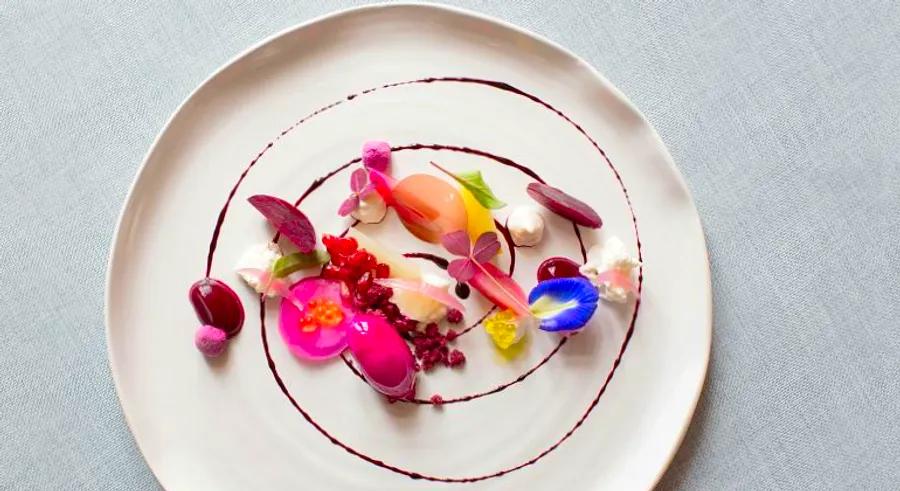Navigating Tipping Culture in Japan: Essential Insights!

In Japan, tipping can feel unusual. This stems from a cultural emphasis on hard work, respect, and dignity, where excellent service is seen as the norm. Therefore, leaving a tip for waitstaff is generally unnecessary.
The practice of tipping in Japan significantly differs from that in many other nations. Here, it's uncommon to leave tips for services rendered in bars, cafes, restaurants, taxis, and hotels.
Nonetheless, there is a practice in Japan known as "kokorozuke" (from the heart), where gratuities are given in specific contexts, such as to tour company staff who may receive tips from appreciative guests. This is particularly common among travel companies worldwide.
Should We Tip in Japan?

In certain circumstances, tipping can be appropriate. For instance, if you hire a tour guide or translator who understands foreign customs, they might accept a tip as a token of appreciation. However, it's important to remember that tipping isn't expected and should be done discreetly. If you choose to give a tip, it’s customary to place it in an envelope, which you can find at convenience stores, stationery shops, or 100 yen stores.
Japan's tipping culture is virtually nonexistent. There’s a cultural reason why offering extra money to restaurant staff is uncommon; many travel guides suggest that tipping is viewed as impolite. In fact, a popular sushi restaurant chain from Japan has adopted a 'no tipping' policy even in their New York City locations.
Unlike fast food chains that may operate 24 hours, Japanese restaurants typically close briefly after lunch to reopen later in the afternoon. Generally, restaurant staff work in two shifts with different team members.
In essence, restaurant workers in Japan don’t have particularly long hours. This allows them to earn a sufficient income from their salaries alone, without relying on tips from customers.
Tips from customers usually serve as extra pocket money for restaurant employees. However, in Japan, this practice isn't necessary since workers typically receive at least one meal per day as part of their employment.
Japanese restaurants maintain high service standards without depending on customer tips, thanks to the strong work ethic ingrained in Japanese culture across all professions.
If you wish to show kindness by leaving a tip, remember to present it in an envelope or consider gifting a souvenir from your home country as a thoughtful gesture.
Places Where Tipping is Discouraged in Japan

Ultimately, the norm of not tipping doesn't imply that visitors lack appreciation for employees' services; rather, various local cultural and social nuances render tipping as unusual or even disrespectful.
Here are the places where tipping is a definite no-go in Japan!
Restaurant
Many countries have their own tipping customs. In the United States and several European nations, leaving a tip is expected. However, Japan operates differently. If you leave a tip after your meal, you might find the staff chasing after you to return your money, as tipping is seen as impolite.
This may feel odd to you, but in Japanese culture, respect and dignity are valued far more than tips. For Japanese people, simply finishing a meal at their restaurant is a form of satisfaction and respect in itself.
Taxi Driver
Taking a taxi in Japan can be quite costly, so many people opt for public transportation like buses and trains. However, there are times when a taxi is necessary, such as when you have a lot of luggage or miss the last train. Just remember, it's important not to tip your taxi driver. If you don’t speak Japanese fluently, simply provide your destination politely and thank them when you exit the taxi!
Hotels and Spas
In Japan, hotel staff generally do not anticipate tips, particularly if you stay at a ryokan (a traditional Japanese inn) that offers luxurious amenities. If you choose to leave a tip, be prepared for two possible outcomes: acceptance or rejection.
If your tip is declined, don't take it personally. Another option is to leave an envelope in your room labeled as a "tip." It's generally advised not to hand it directly to hotel staff, even if it's in an envelope. Similarly, if you're at the hotel spa, a simple bow and a thank you will suffice to show your appreciation.
These are some of the tipping etiquettes to observe in Japan. The key takeaway is to always uphold respect and politeness during your travels.
Tipping Tour Guides in Japan

Tipping is primarily accepted by tour guides and interpreters in Japan. Since most of their clients are international visitors, many of them regularly receive tips. Consequently, many interpreters and tour guides are open to accepting gratuities when offered.
If you wish to sincerely show your appreciation, consider preparing a few envelopes for tipping in Japan. It's generally frowned upon to display cash openly, especially in public. Therefore, when giving a tip, place it in an envelope and present it using both hands.
Once again, while tipping isn't mandatory in these scenarios, it won't be viewed as rude either. There are no strict guidelines regarding the amount you choose to tip the worker.
Tipping Geishas in Japan

Interestingly, there are two situations in Japanese culture where tipping is considered acceptable: with Geishas and at ryokans. Geishas are traditional Japanese women who provide entertainment through their performances.
If you enjoy a private dinner with a geisha, you may offer a tip in an envelope as a gesture of gratitude. It's customary to give around 3,000 yen. When presenting a tip in Japan, it's polite to use both hands and give a slight bow of the head.
Additionally, at upscale ryokans, it's common to leave a tip of 1,000 yen for each staff member by placing it on your bed during check-in or check-out.
Mytour
Evaluation :
5/5



